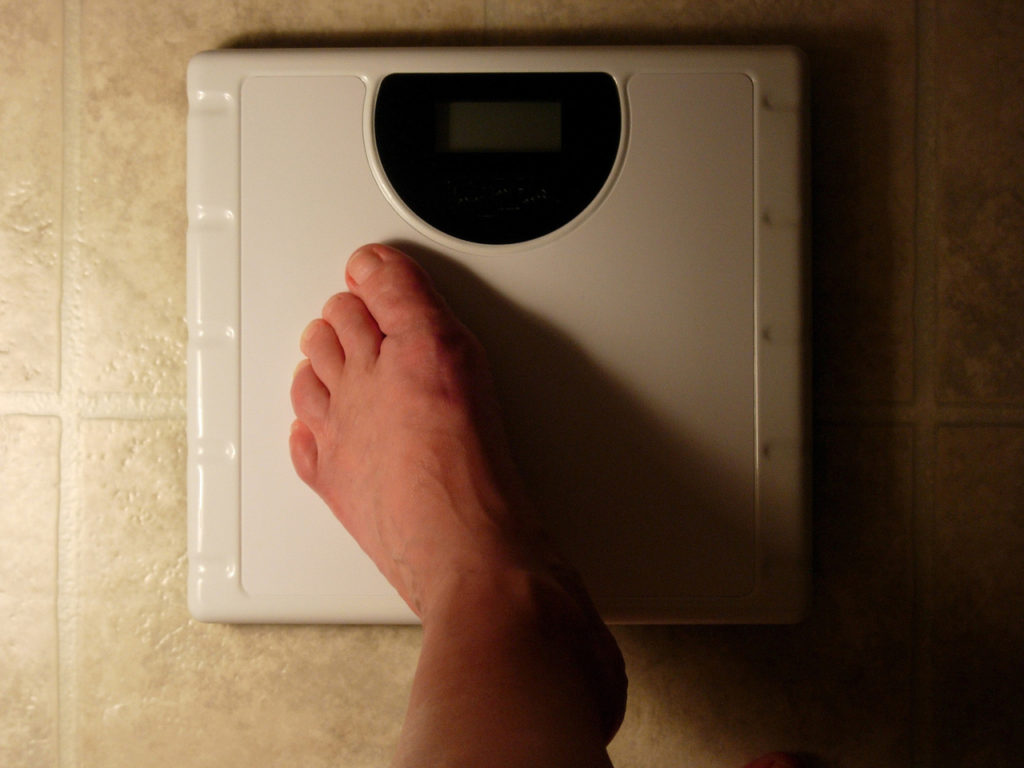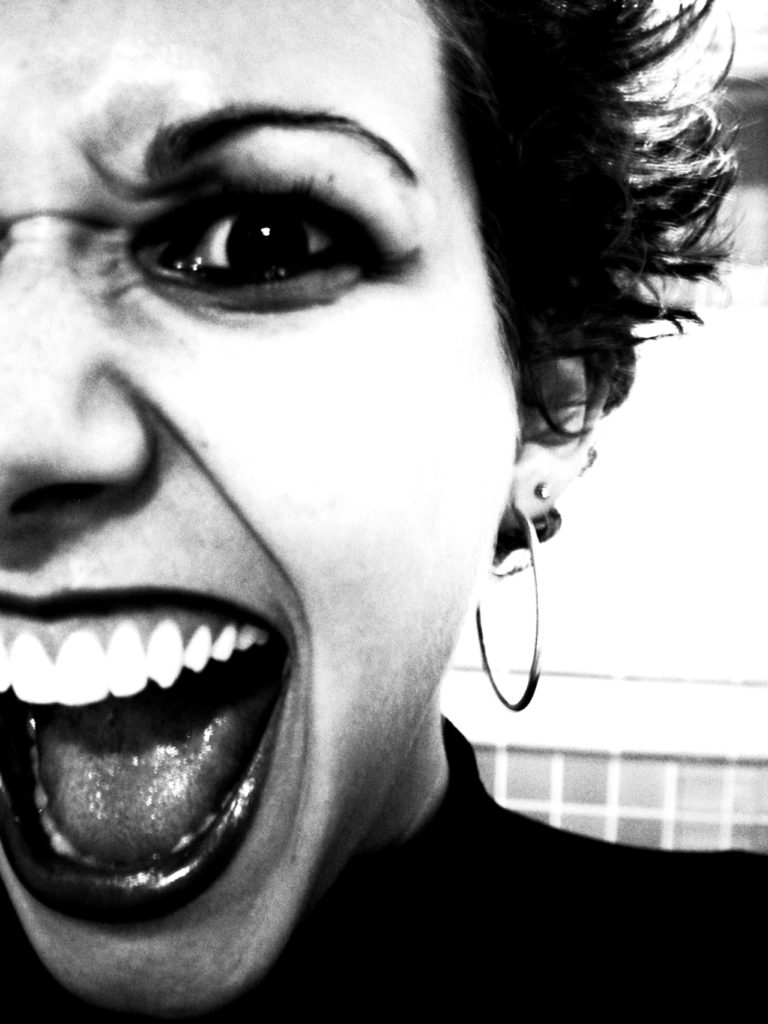In general, behaviors and attitudes that indicate that weight loss, dieting, and control of food are becoming primary concerns.

- Preoccupation with weight, food, calories, carbohydrates, fat grams, and dieting
- Refusal to eat certain foods, progressing to restrictions against whole categories of food (e.g.,no carbohydrates, etc.)
- Appears uncomfortable eating around others food rituals (e.g. eats only a particular food or food group [e.g. condiments], excessive chewing, doesn’t allow foods to touch)
- Skipping meals or taking small portions of food at regular meals

Any new practices with food or fad diets, including cutting out entire food groups (no sugar, no carbs, no dairy, vegetarianism/veganism)

- Withdrawal from usual friends and activities
- Frequent dieting
- Extreme concern with body size and shape
- Frequent checking in the mirror for perceived flaws in appearance
- Extreme mood swings
From NEDA Feeding Hope Website.
©Copyright – Hector Sectzer

















